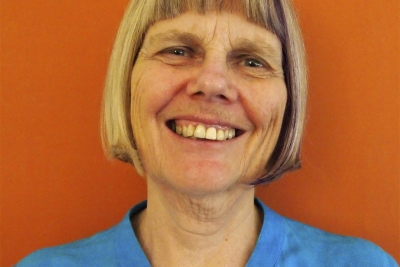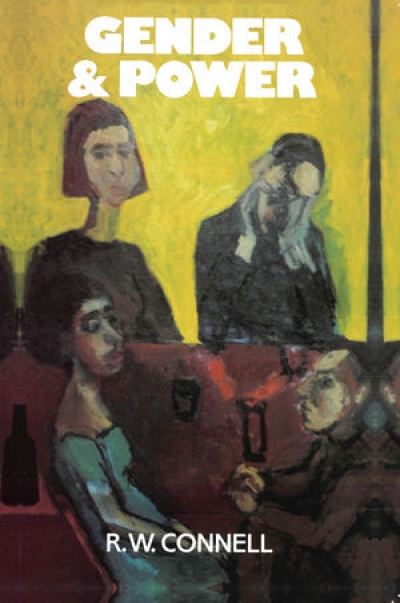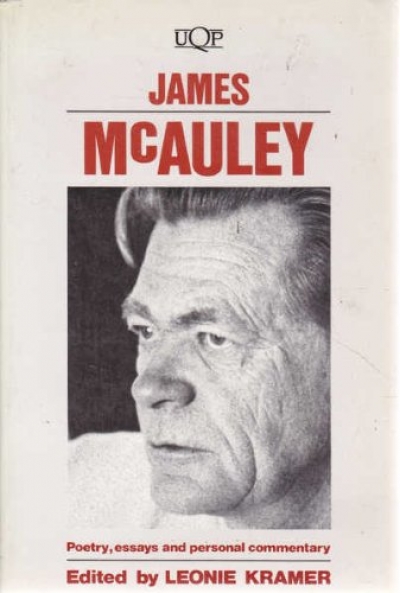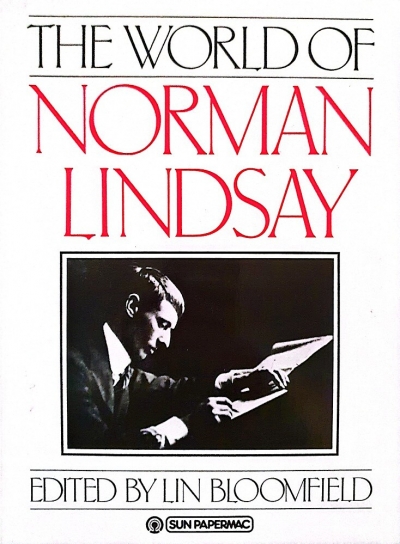Australian Voices
For the past year I have been engaged in one of the activities that Robert Dessaix charges (ABR No. 129) are not only unnecessary but ‘harmful’ to the many writers briefly involved. I have been working as a Research Fellow at Deakin University with Sneja Gunew as the last in a line of bibliographers which has included Lolo Houbein and Alexandra Karakostas-Seda, updating and extending a bibliography of first and second generation Australian writers from non-Englishspeaking backgrounds. I have also been working on acquiring books by these writers to include in the collection of ‘Australian Literature’ at the Deakin University Library.
... (read more)Dear Editor,
The Fat Author Replies to Robert Dessaix:
The author does not embody Iiterary classification nor does she base her work on literary theory though literary criticism does inform her literary practice.
... (read more)In last month’s Telecom Australian Voices essay, Robert Dessaix discussed the ways in which multiculturalism divides up the Australian literary scene, concluding that “in a word, it’s time our multicultural professionals stopped marginalising multicultural writers”. The response of Sneja Gunew, who was quoted in that essay, is printed in its entirety here, along with other letters prompted by the essay.
... (read more)‘No,’ Ania Walwicz said at the Melbourne Festival when asked if she was an ethnic writer, ‘I’m a fat writer.’ We laughed and applauded.
The multicultural professionals, however, may not let her (or Tess Lyssiotis) off the hook so easily. I have in mind that small but eloquent band of people, usually from institutions, who actually have a vested interest in keeping constructs like Anglo-Celtic/non-Anglo-Celtic, English-speaking background/non-English-speaking background alive and functional.
... (read more)We are having a Sunday picnic. It is not a cosmopolitan affair, with pâté and brie and champagne, nor even a dinky-di one, with sausages and sauce and tinnies. Simply an impromptu, let’s-get-out-of-thehouse event: a jar of peanut butter, a jar of honey, a tub of marge, half a loaf of Friday’s bread and a packet of jubes.
... (read more)Somewhere between seventy and eighty enthusiasts attended a conference at the University of Wollongong on 10–12 July to celebrate the work of Olga Masters, the award-winning novelist and short story writer who died in 1986. It was not the usual academic conference by anyone’s standards although, as might be expected, some academic papers were given. Interesting and provocative as these were, they were greatly overshadowed by the readings from Masters’s works by two of Olga’s daughters, Sue and Debra, a rehearsed play-reading by Wollongong’s professional theatre company, Theatre South, of Poor Man’s Castle published by Currency, and lively reminiscences of their mother by two of Olga’s sons, Roy and Chris.
... (read more)




